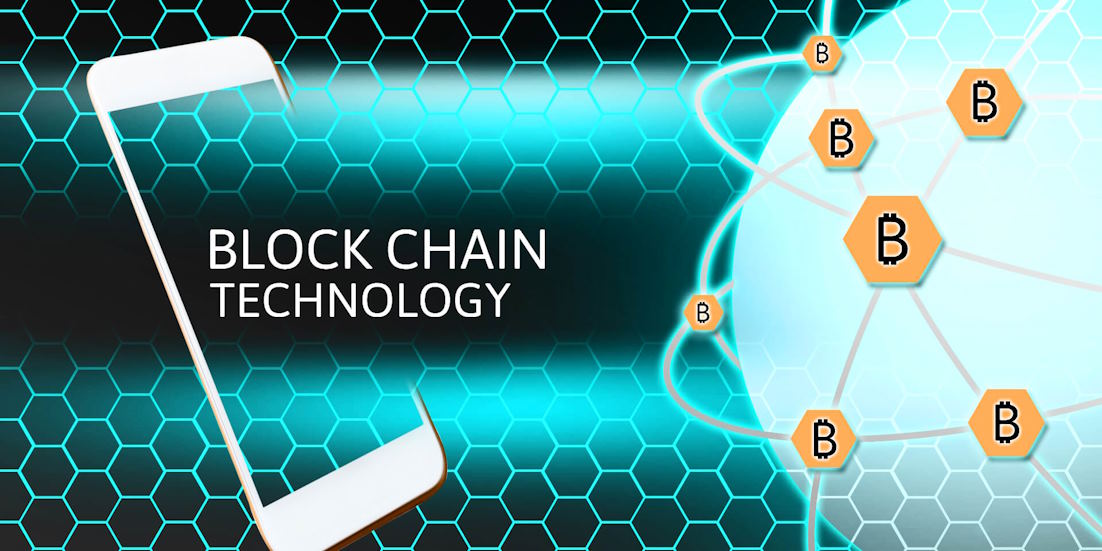What Are The Common Challenges In The Blockchain Working Process?
Here we speak about a transformative force in cutting-edge technology, promising transparency, decentralization, and unprecedented security. However, behind the revolutionary façade, the journey of blockchain technology is not without its hurdles.
What are common challenges?
The discussed technology, celebrated for its decentralized and secure nature, is not immune to challenges. As this revolutionary technology matures, it encounters obstacles that demand innovative solutions. Let’s delve into some of the critical challenges embedded in the working process of blockchains:
Scalability Issues
The inherent scalability challenge in blockchain networks hinders their ability to handle a growing number of transactions quickly and cost-effectively. Slow transaction speeds and increased congestion can limit the practicality of blockchain in applications requiring high throughput.
Transaction Costs and Speed
Transaction fees on certain blockchain networks can fluctuate significantly, impacting the cost-effectiveness of transactions. Additionally, some networks may face challenges in achieving fast transaction speeds. High transaction fees can make microtransactions impractical, and slower transaction speeds can hinder user experience.
Energy Consumption
While secure, proof-of-work (PoW) consensus mechanisms are energy-intensive and contribute to environmental concerns. The environmental impact of energy-intensive consensus mechanisms has led to a quest for more sustainable alternatives.

Interoperability Challenges
Achieving seamless communication and compatibility between different blockchain networks remains a complex challenge. Lack of interoperability limits the potential for collaboration and integration between disparate blockchain ecosystems.
Regulatory Hurdles
Ongoing regulatory uncertainties globally pose challenges for the widespread adoption of blockchain technology. A lack of clear regulations can deter institutional participation and hinder the development of blockchain-based solutions.
Security Concerns
The risk of 51% attacks on Proof-of-Work blockchains and vulnerabilities in smart contracts presents security challenges. Security breaches can undermine trust in blockchain networks and compromise the integrity of transactions.
Privacy Challenges
Maintaining user privacy on public blockchains poses challenges due to the transparent nature of transactions. A lack of privacy features can deter users from adopting blockchain for certain applications, especially those requiring confidentiality.
Decentralized Governance
Achieving effective decentralized governance in blockchain networks while maintaining efficiency is an ongoing challenge. Governance conflicts and challenges can impede decision-making processes, affecting the evolution of the blockchain ecosystem.
As blockchain evolves, overcoming these hurdles is essential to realizing its full potential as a transformative force in various industries.


